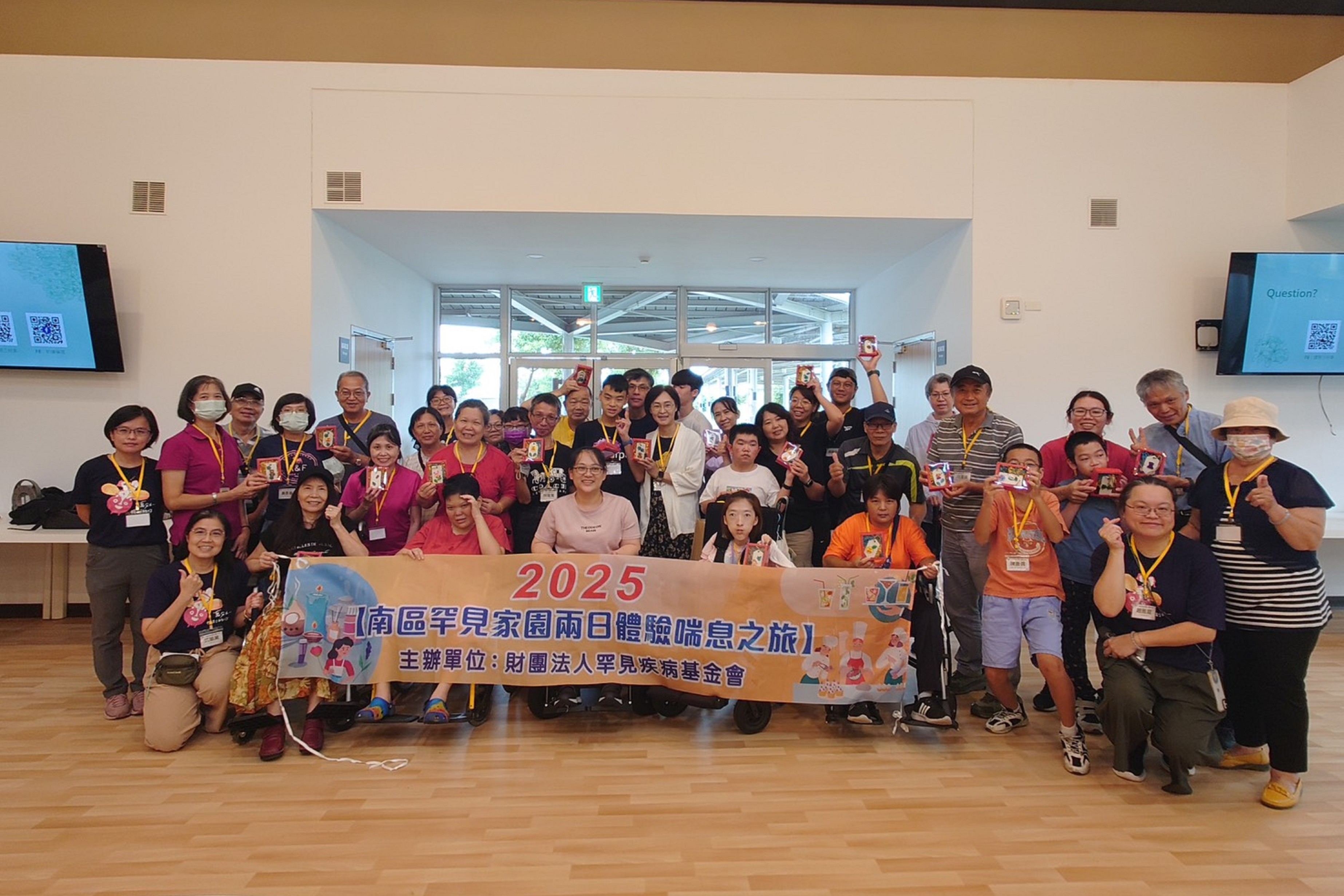News
The First Patient Right to Autonomy Act in Asia
The First Patient Right to Autonomy Act in Asia Came into Practice on January 6, 2019
The first Patient Right to Autonomy Act in Asia was published in early 2016. After 3 years of preparation and expectation, it came into practice on January 6, 2019. This law is applicable to five clinical conditions, including terminal illness, irreversible coma, persistent vegetative state, profound dementia, and inunbearable suffering, incurable, and currently untreatable condition.
This law is not only to renounce the right to know of the patients, but also to emphasize that all adults above 20 are able to sign Advanced Decision (AD) under free will after Advance Care Planning (ACP). If they were in any of the five states mentioned above, they would have the chance to choose a good end by partially or completely withdrawing or withholding life-sustaining treatment or artificial nutrition and hydration in accordance.
Rare diseases patients have a chance to use the Act if they met any of the criteria mentioned above. However, we also propose our worries and appeal as the following:
1.Does signing AD equal to waiting for death? We worried that without well announcement, doctors would think they don’t need to care for patients with AD.
2.The charge of ACP is unaffordable: patients with rare diseases are sometimes inconvenient in movement or not independent in economy. Many patients could therefore refrain from asking their families to bring them to the hospital for ACP.
3.The attending physician should let the patients know their condition, letting them make early AD to avoid making rush decisions in later time.
The first four of the five conditions mentioned above are clearly enacted by the rules fori mplementation of this Act. The fifth one is under open discussion by Ministry of Health and Welfare. It provides rare diseases patient with the chance to use the benefit should their conditions meet the standard. TFRD will convene doctors, representative of patient groups to discuss associated requirements. By doing so, patients with rare disorder autonomy in healthcare could have their rights to a good end.
Reference:
PatientRight to Autonomy Act, website: https://law.moj.gov.tw/ENG/LawClass/LawAll.aspx?pcode=L0020189
ThePatient Autonomy Act Passes in Taiwan(2015.12.19), website: https://international.thenewslens.com/article/32921
Translator: Newny Chiang (MS), Reviewer: Albert Kuo








